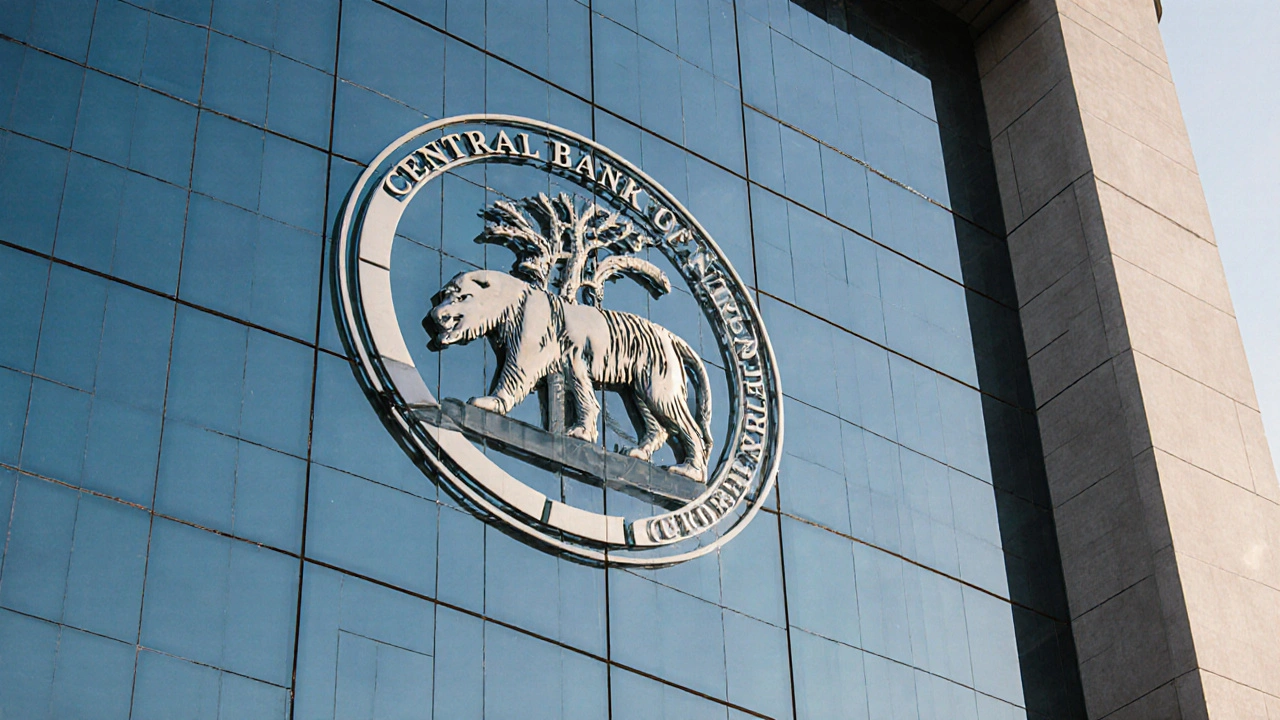Monetary Policy Rate: What It Is and Why It Matters
When you hear about Monetary Policy Rate, the benchmark tool that a country's central bank uses to guide lending and price stability. Also known as MPR, it shapes the cost of money throughout the financial system. This rate is the keystone in a nation’s macro‑economic management.
At the heart of the system sits the Central Bank, the authority responsible for setting the Monetary Policy Rate and ensuring financial stability. Its decision‑making committee monitors Inflation, the rate at which general price levels rise, eroding purchasing power and adjusts the rate to keep inflation within target bands. A lower rate tends to stimulate borrowing, which can boost Economic Growth, the overall increase in a country's production of goods and services, while a higher rate aims to cool overheating economies. Because the Monetary Policy Rate directly influences the broader Interest Rate, the cost borrowers pay for loans and the return savers earn in banks, any tweak ripples through mortgages, consumer credit, and corporate financing.
Understanding these links helps you see why a single number can shift markets, affect your wallet, and steer a nation’s prosperity. Monetary Policy Rate decisions are not made in a vacuum; they reflect data, expectations, and policy goals. Below you’ll find a variety of articles that break down recent rate changes, explore how they impact inflation and growth, and offer practical takeaways for investors, businesses, and everyday readers. Dive in to see the latest analysis and keep ahead of the economic curve.

Nigeria Monetary Policy in Focus as Inflation Eases – CBN’s 302nd MPC Meeting
Keabetswe Monyake Sep 26 9On September 23, 2025 the Central Bank of Nigeria held its 302nd Monetary Policy Committee meeting, the fifth of the year. Inflation slipped to 20.12% in August, down from 21.18% in July, giving policymakers breathing room. The Monetary Policy Rate has stayed at 27.50% through the February and July meetings. Stakeholders are watching for any tweak to the policy stance as growth steadies. Governor Olayemi Cardoso is expected to outline the next steps.
More Detail